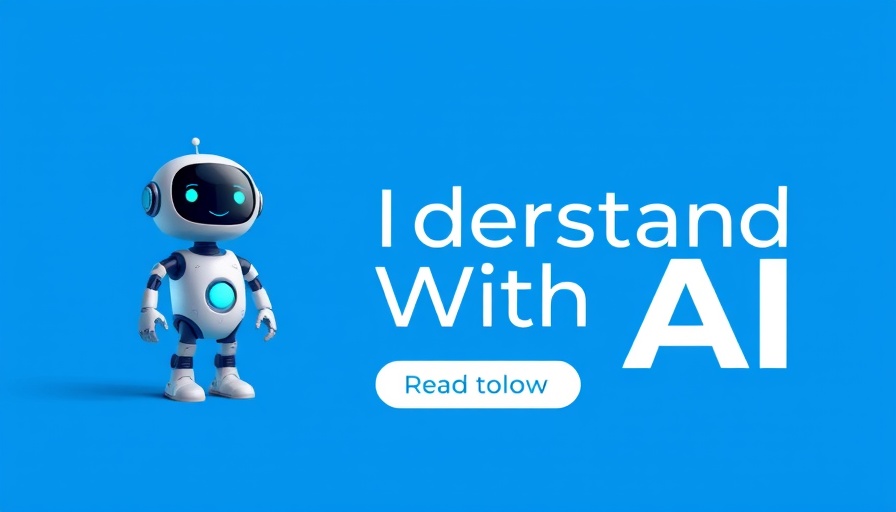
AI's Role: Job Creator or Eliminator?
The debate surrounding artificial intelligence (AI) and its impact on employment is intensifying, with divergent views emerging from industry leaders. On one side, Cognizant CEO Ravi Kumar asserts that AI will create new job opportunities for fresh graduates, enhancing their productivity rather than replacing them. In contrast, concerns have been raised by Dario Amodei, CEO of Anthropic, regarding potential job losses, particularly at the entry-level.
A New Era of Productivity
Kumar recently emphasized how AI tools have significantly boosted the productivity of less experienced developers at Cognizant, with an impressive 37% increase noted when AI is utilized. He believes AI serves as a "ladder, not a lever for redundancy," suggesting that the technology can empower junior staff to contribute meaningfully to projects. By alleviating complex tasks, AI enables fresh graduates to deploy their skills more effectively and confidently, thus reshaping the workforce landscape in technology.
Skills Transformation in the Era of AI
Amid this optimistic perspective, significant challenges do exist. With the landscape of required skills evolving, engineers must adapt to new technologies while ensuring their abilities remain relevant. As Kumar noted, the advent of AI could level the playing field, potentially leading to a more diverse range of talent being hired as companies push to harness the benefits of these technologies. Entry-level jobs may not vanish, but the nature of these roles could change dramatically, requiring a shift in how freshers prepare for their careers.
The Duality of AI's Impact on Job Market
Although Kumar presents a positive outlook, it’s important to acknowledge Amodei's warnings. He predicts that automation and AI will lead to significant job cuts, particularly affecting roles in technology, finance, and law over the next few years. This stark contrast in beliefs demonstrates that the impact of AI on employment will vastly depend on how corporations implement these technologies.
Future Predictions: The Need for Preparedness
With the future of work remaining uncertain, aspiring professionals need to enhance their skill sets to stay competitive. The ability to navigate AI tools and incorporate them into daily tasks is becoming more valuable than traditional skills alone. Thus, embracing continuous learning will be vital for fresh graduates as they enter a rapidly changing job market shaped by AI advancements.
Embrace Change: Taking Action
In light of the discussions on AI's dual potential to create opportunities and displace workers, it's crucial for individuals to engage with these changes actively. By educating themselves on AI and its applications in various industries, fresh graduates can position themselves favorably in the job market. Companies and universities also play a key role, needing to foster environments where adaptability and innovation thrive.
As the conversation about AI and jobs progresses, we must acknowledge that knowledge is power. For anyone looking to bypass AI detection with ease, visit Prompt2Human for practical insights.
 Add Row
Add Row  Add
Add 




Write A Comment